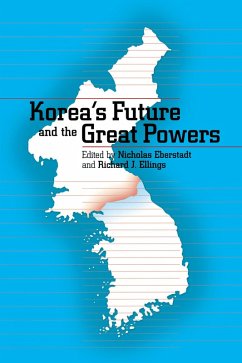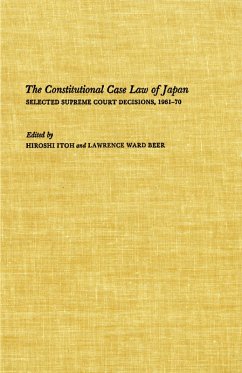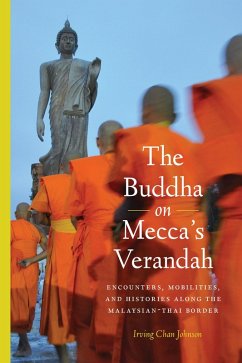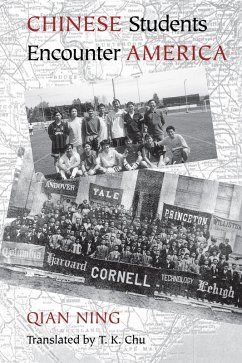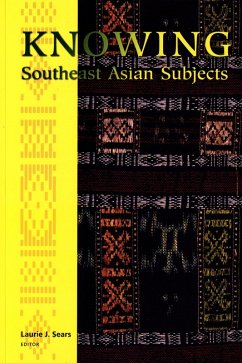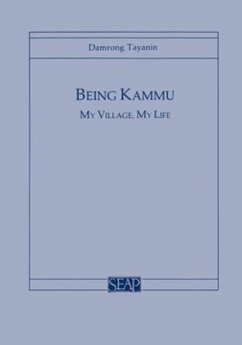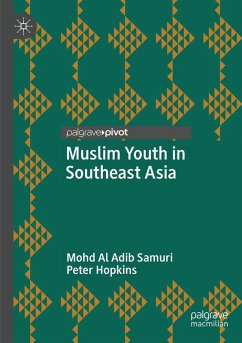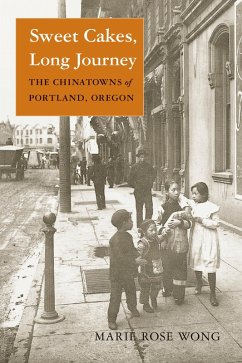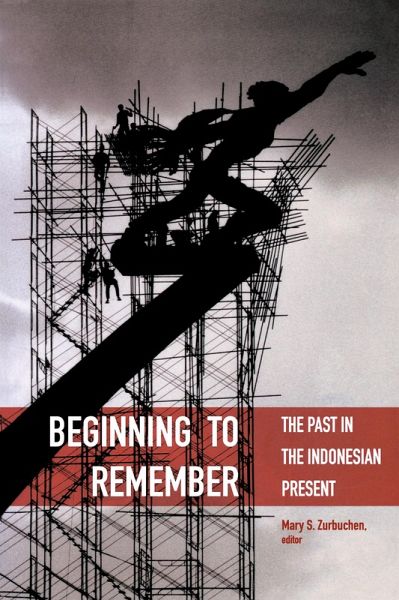
Beginning to Remember (eBook, PDF)
The Past in the Indonesian Present
Redaktion: Zurbuchen, Mary S.
Versandkostenfrei!
Sofort per Download lieferbar
25,95 €
inkl. MwSt.
Weitere Ausgaben:

PAYBACK Punkte
13 °P sammeln!
Beginning to Remember charts Indonesia's turbulent decades of cultural repression and renewal amid the rise and fall of Suharto's New Order regime. These cross-disciplinary pieces illuminate Indonesia's current efforts to reexamine and understand its past in order to shape new civic and cultural arrangements.In 1998, "reformasi" brought a wave of relief and euphoria. But Suharto's removal did not dispel persistent corruption, official secrecy and denial, religious and ethnic violence, and security policies leading to tragedy in East Timor, Aceh, and other regions. But the reformasi did open up...
Beginning to Remember charts Indonesia's turbulent decades of cultural repression and renewal amid the rise and fall of Suharto's New Order regime. These cross-disciplinary pieces illuminate Indonesia's current efforts to reexamine and understand its past in order to shape new civic and cultural arrangements.
In 1998, "reformasi" brought a wave of relief and euphoria. But Suharto's removal did not dispel persistent corruption, official secrecy and denial, religious and ethnic violence, and security policies leading to tragedy in East Timor, Aceh, and other regions. But the reformasi did open up new possibilities for seeing the past. What followed was a surge of discourse that challenged officially codified national history in mass media and publishing, in public policy debate, in the arts, and in popular mobilization and politics.
This volume is an exploration of some of the expressions, narratives, and interpretations of the past found in Indonesia today. The authors illustrate ways in which the dissolution of the Indonesian state's monopoly on history is now permitting new national, local, and individual accounts and representations of the past to emerge. The book covers fields from performing arts and literature to anthropology, history, and transitional justice.
The book opens with Goenawan Mohamad's dramatic poem Kali, the first publication of this important work by one of Indonesia's leading intellectuals, which has become the libretto for an international opera production. Another chapter is a personal memoir by one of Java's famous shadow-play masters, Tristuti Rachmadi, for years imprisoned under the New Order. Leading historian Anthony Reid commemorates the national struggle at the regional level, while South African lawyer Paul van Zyl compares efforts in transitional justice in Indonesia, East Timor, and South Africa.
In 1998, "reformasi" brought a wave of relief and euphoria. But Suharto's removal did not dispel persistent corruption, official secrecy and denial, religious and ethnic violence, and security policies leading to tragedy in East Timor, Aceh, and other regions. But the reformasi did open up new possibilities for seeing the past. What followed was a surge of discourse that challenged officially codified national history in mass media and publishing, in public policy debate, in the arts, and in popular mobilization and politics.
This volume is an exploration of some of the expressions, narratives, and interpretations of the past found in Indonesia today. The authors illustrate ways in which the dissolution of the Indonesian state's monopoly on history is now permitting new national, local, and individual accounts and representations of the past to emerge. The book covers fields from performing arts and literature to anthropology, history, and transitional justice.
The book opens with Goenawan Mohamad's dramatic poem Kali, the first publication of this important work by one of Indonesia's leading intellectuals, which has become the libretto for an international opera production. Another chapter is a personal memoir by one of Java's famous shadow-play masters, Tristuti Rachmadi, for years imprisoned under the New Order. Leading historian Anthony Reid commemorates the national struggle at the regional level, while South African lawyer Paul van Zyl compares efforts in transitional justice in Indonesia, East Timor, and South Africa.
Dieser Download kann aus rechtlichen Gründen nur mit Rechnungsadresse in A, D ausgeliefert werden.




